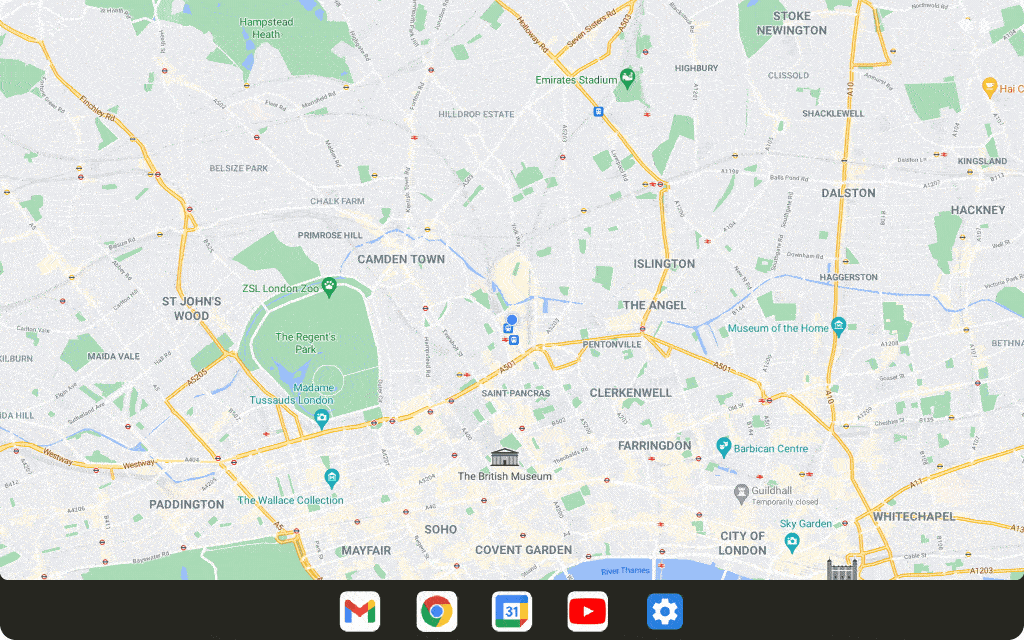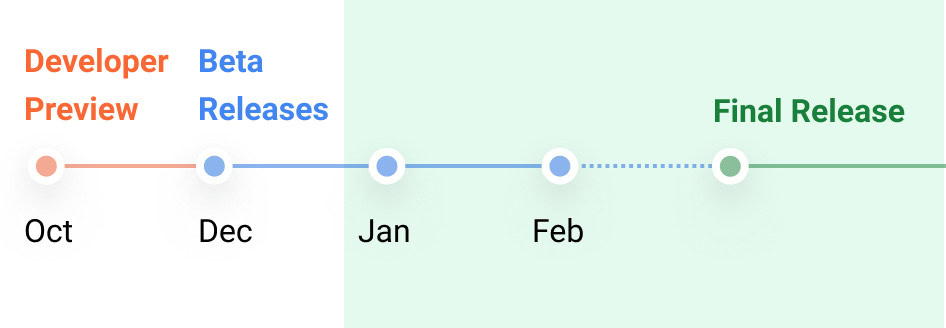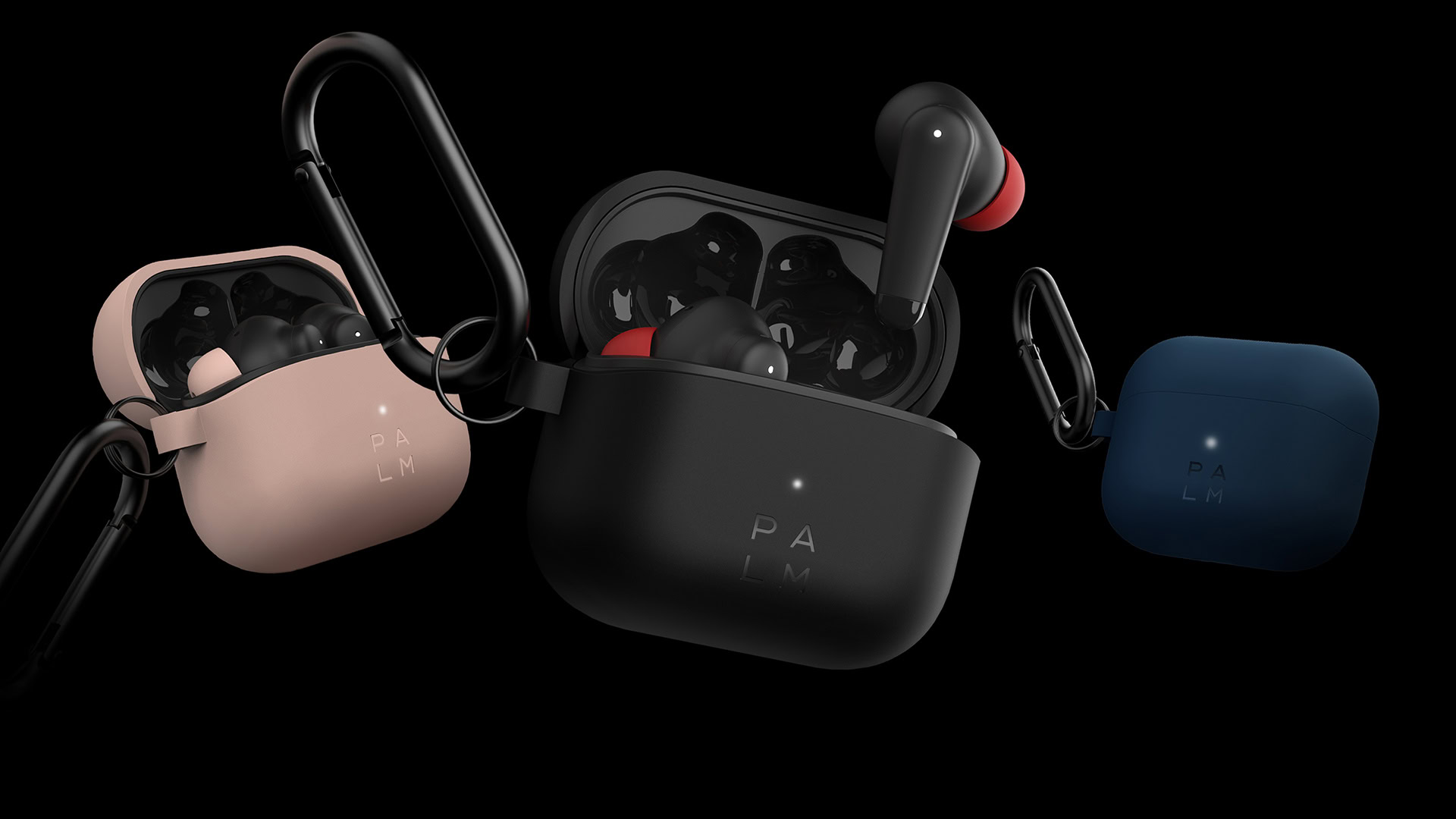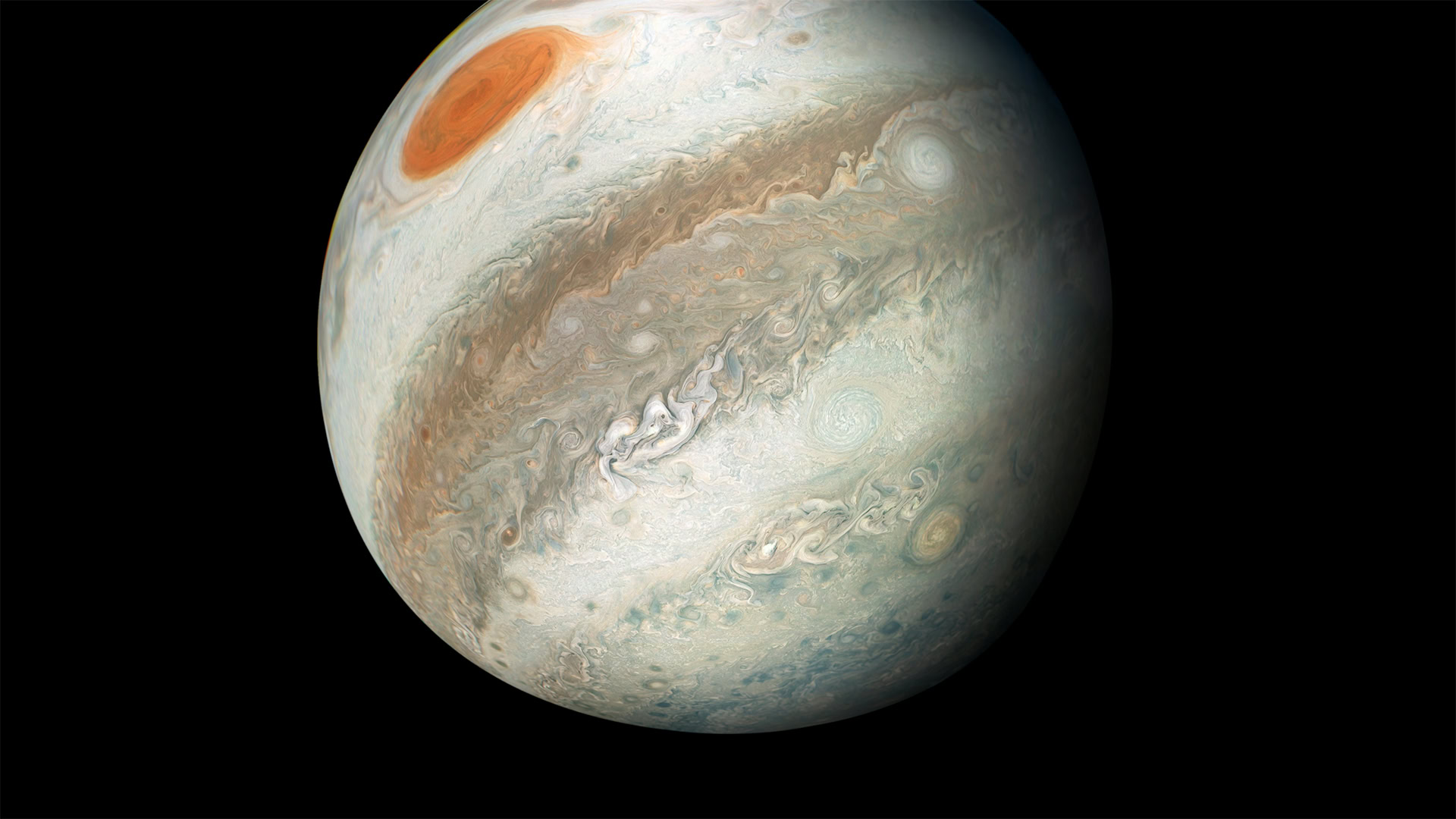Affiliate links on Android Authority may earn us a commission. Learn more.
👋 Good morning! I’m just finishing the book Ender’s Game. Not sure how I’d missed this on my sci-fi reading list!

Android 12? Yesterday’s news! The new announcement is that this rumored, leaked, talked about new ChromeOS and tablet-focused Android update is being worked on as Android 12L, and it’s now available as a developer preview.
Google’s words for developers touch on improved UI for apps adapting to bigger screens, better multitasking, and compatibility, with this blog post giving an overview:
- So today at Android Dev Summit, we announced a feature drop for Android 12 that is purpose-built for large screens, we’re calling it 12L, along with new APIs, tools, and guidance to make it easier to build for large screens. We also talked about changes we’re making to Google Play to help users discover your large-screen optimized apps more easily. Read on to see what’s new for large screens on Android!
Expectations, phrasing:
- Google’s being careful not to announce this as a separate operating system like iPadOS is separate to iOS.
- But more exciting is that Google’s probably working on this because it has a bigger screen device coming: like a tablet, or probably more accurately, a new foldable phone.
- Look at this timeline:

- There’s no exact final date for the final release, but you could reasonably assume a March/April release, which may well coincide with a larger-screen Google phone, tablet, or foldable.
- It also, confusingly, will mean that it is coming out at about the same time as the first Android 13 developer preview, meaning multiple Android beta releases at the same time.
- But just as Google confuses with its disjointed efforts on things like messaging, social, the latest Google Pay fiasco, we’ve been here before: Google half attempted a tablet interface with Honeycomb back in 2011-12 but developers didn’t really bother supporting it.
- So, Google absolutely needs to properly support its own 12L ambitions with its own apps that do larger screens right. Then, get developers on board to make an actual app world that can compete with iPads.
- Google’s let us down enough times that we can all be skeptical, but if it releases hardware to go along with the 12L software next year, that’ll be a big step towards a commitment.
By the way, we got a bunch of votes on a poll about what should be the next Google Pixel product, with more than 50% voting for a Pixel Watch.
- Next up, and what got my vote, was a Pixel tablet at only 16% of votes.
📂 Android 12L’s new features could ‘soon’ come to the Galaxy Z Fold 3 (Android Authority).
🔨 Interested in how Google Tensor’s photography smarts work? Google’s got blog content galore (Android Authority).
⏩ Intel’s 12th Gen Alder Lake chips usher in a new generation of x86 processors: more power, more efficiency being claimed (The Verge).
🤔 Gizmodo’s photos from the massive iPhone 4 leak have disappeared, weirdly (The Verge).
📈 Samsung posts record-high revenue thanks to chips, foldables, and OLEDs (Engadget).
🤝 LinkedIn is taking on Upwork and Fiverr and so on by rolling out a freelance services marketplace globally after picking up 2M users in smaller US beta (TechCrunch).
🔊 Huh: Spotify Car Thing’s wait-list surpasses two million people (CNET).
🎬 Pixar’s coming film Lightyear has turned Buzz Lightyear into a non-toy astronaut — with a new voice — in 2022, with a debut trailer (Ars Technica).
🤷♂️ In less wholesome news, the Tiger King 2 trailer is out, and I see nothing of value in there but hey (YouTube).
🔴 Perseverance rover snaps first Mars photos after communications blackout, and things are looking cold but good (Space).
🤔 Are greener jet fuels finally ready for takeoff? (Wired).
👉 Here are what people voted as the most overrated features in modern cars (Jalopnik).
👴 “Does a computer processor get worn out?” (r/askscience)

This is too good: 52 years ago tomorrow, the first internet message was sent via ARPANET, a DARPA-funded research effort at UCLA in 1969, by Leonard Kleinrock, a professor of computer science at the university, and one of the names of the early internet. (His co-academics, Irwin M. Jacobs, Andrew Viterbi, worked with Kleinrock on early internet era tech, but later went off to found Qualcomm.)
Anyway, for the 50th anniversary, Los Angeles Magazine had a fun chat with Kleinrock. A couple of quotes from a Q&A:
Q: What exactly is ARPANET?
Leinrock: Sputnik went up and caught the US with its pants down. The government realized it needed a network that would allow computers to communicate and share resources. I had figured out the mathematical theory when I was a grad student at MIT. The theory was there, the need was there, now these two were going to come together. ARPANET was a series of high-speed lines connected to computer “nodes” at various universities.
Q: [When sending the first message] what happened?
Leinrock: I had one of my software developers with me, and we decided late one night to make the first connection. In order to log in to the remote computer at SRI, you had to type “LOGIN.” The first message sent on the internet on October 29, 1969, was “LO” — because the network crashed after the first two letters. Samuel Morse had a good message ready with the telegraph. Armstrong, too, up on the moon. Those guys were smart. We had nothing. There wasn’t a camera here. Not even a voice recorder. But we ended up with the most potent message possible. “LO,” as in “lo and behold.”
Brilliant, I reckon.
Cheers,
Tristan Rayner, Senior Editor.

